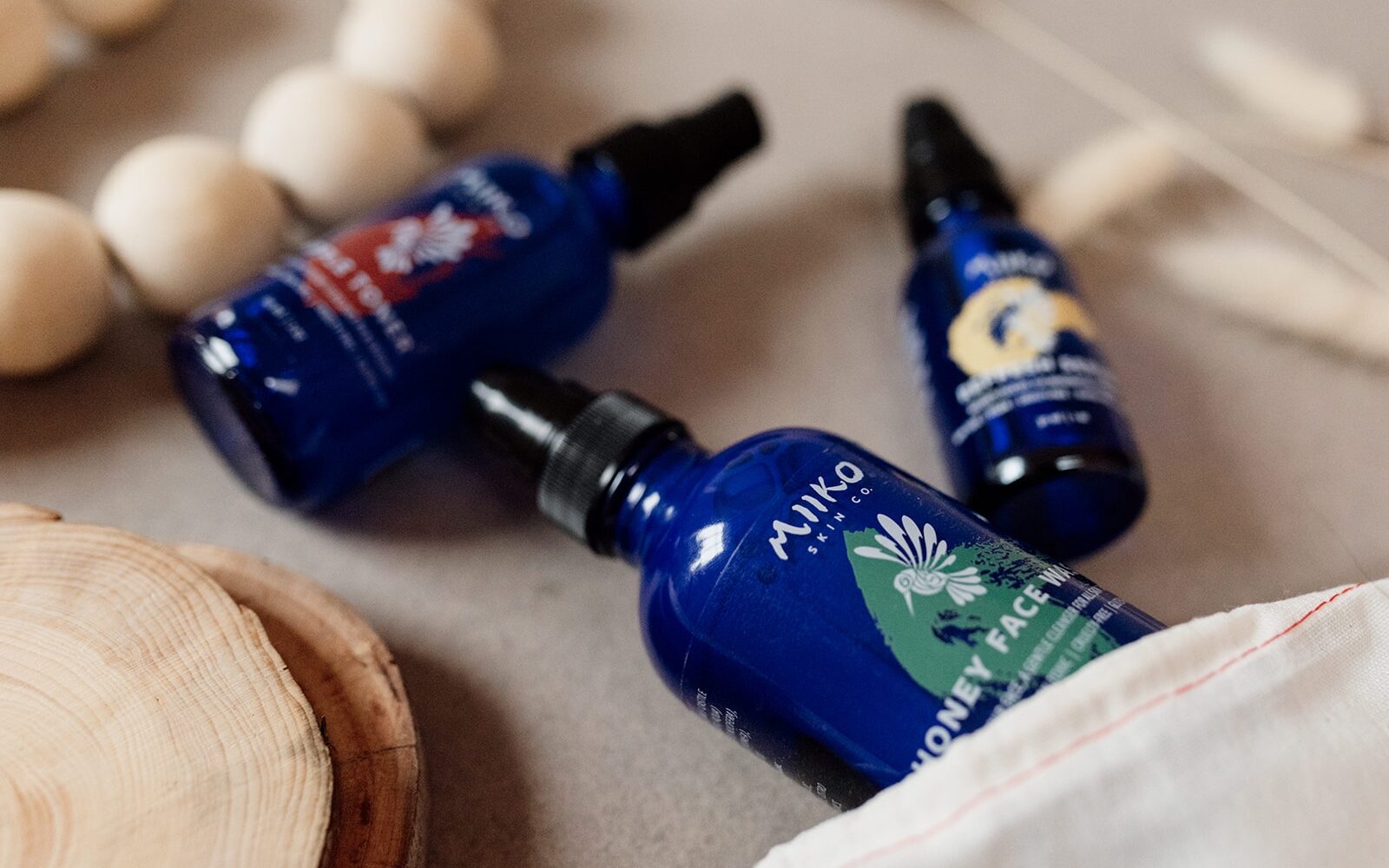
Emerging As An Umbrella Company For Sustainable Brands, Eluma Beauty Inc. Acquires Miiko Skincare Co.
When Elate Cosmetics founder and CEO Melodie Reynolds incorporated her business four years ago, she did so under the name Eluma, a combination of the words “elevate” and “illuminate,” with the idea of creating an umbrella company of brands doing better for the planet. Now, she’s executing upon that idea.
Eluma Beauty Inc. has acquired refillable brand Miiko Skincare Co. to broaden its reach from makeup to skincare. Created by Kimiko Foster-West, who previously taught DIY skincare workshops, in Victoria, B.C., where Eluma is also headquartered, Miiko has 18 products crafted with ingredients from local suppliers and housed in glass packaging that can be refilled at stores or with larger bottles bought online.
“I have been watching the market for the last couple of years and, right now, refillable skincare is almost there. There are customers really looking to refillable models. With Miiko, we can take that refillable concept and really bring it to fruition,” says Reynolds. “With Eluma, I’m hyper-focused on the fact that the products we make, we are responsible for them throughout their life cycle. The refillable and asset-based model is the way that everyone in the industry should go. It’s the way we will actually reduce waste and our carbon footprint.”
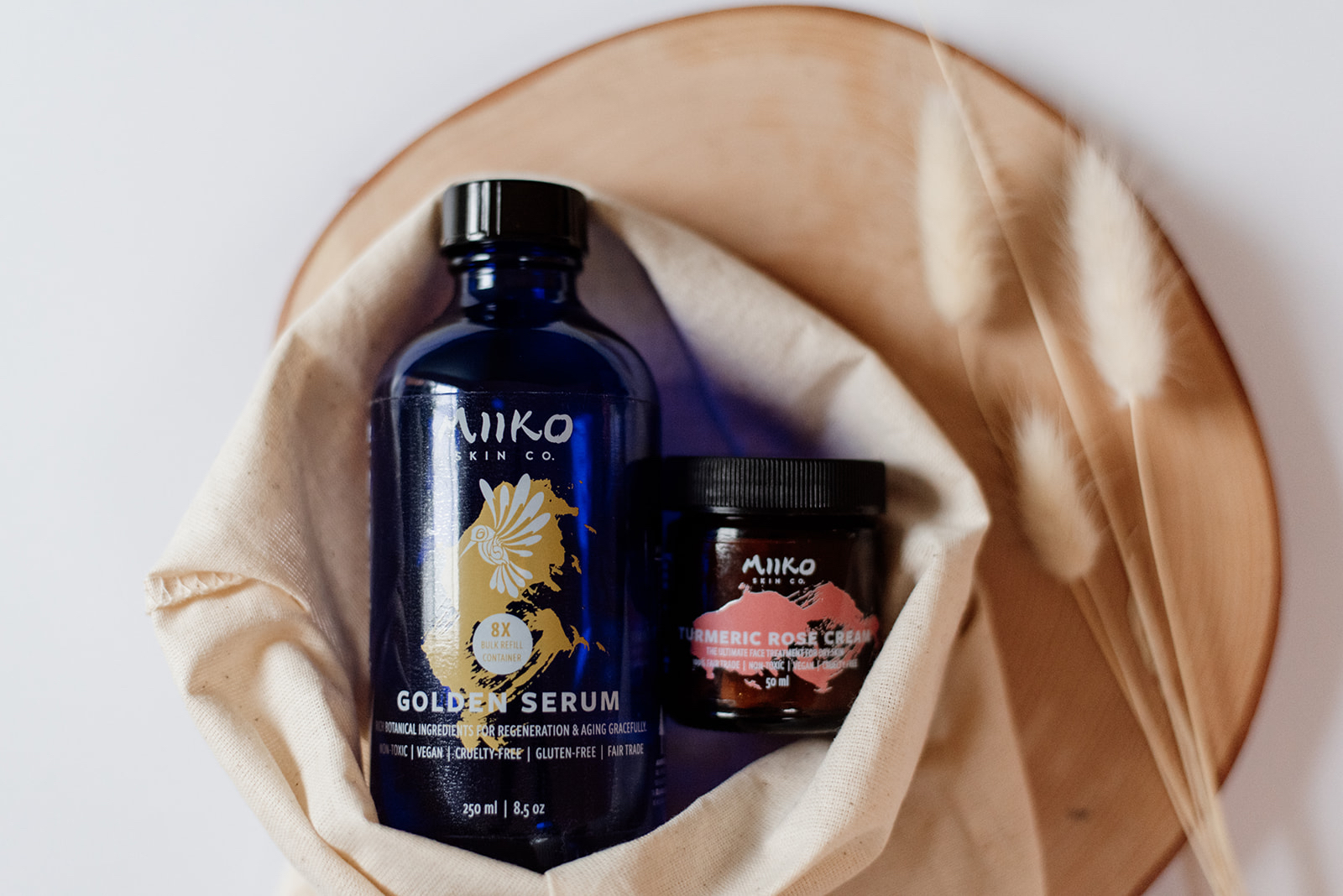
What Reynolds means by an asset-based model is packaging with value to brands for its reuse potential that’s designed with longevity rather than disposability in mind. She points out that Miiko’s bottles are intended to be reused at least five to 10 times. They can be returned to the brand by customers who’ve finished the product inside to be sanitized and put back into circulation full of product.
“We own the bottle as an asset when the customer brings it back to us and reuse it rather than taking the energy to recycle the bottle. Recycling is great, but it’s always last on our list. We want to refill and reuse before we recycle because it takes energy to recycle,” says Reynolds, adding, “The most sustainable item is the one you already own. Because we already own these bottles, we want to keep them in circulation as long as possible.”
“The refillable and asset-based model is the way that everyone in the industry should go. It’s the way we will actually reduce waste and our carbon footprint.”
Miiko is currently available at around 35 stores, and the goal is to increase that number to 150 within about a year. Among the brand’s bestsellers are Honey Face Wash, Apple Toner and Golden Serum. Reynolds describes its pricing as mid-tier. Its serums, for example, range from $36 to $45. Last year, Miiko generated roughly $125,000 in sales. In 2022, Eluma plans to give the brand a refresh and, by leveraging Eluma’s comparably stronger buying power, lower costs and, in turn, reduce prices. There’s a possibility the name will could change, too.
“I want the brand to be accessible. It’s a really fun brand, and we are getting it out there for gen Z consumers. The younger demographic are the ones really interested in having that experience of refilling,” says Reynolds. She predicts refillable retail is about to truly take off. “If I were going to open a brick-and-mortar business today, that’s what I would open,” says Reynolds. “I’m tired of getting boxes at my house. I want to go and talk to a person and refill my bottles. Over the next couple of years, I think we are going to see a resurgence of that desire to have the brick-and-mortar experience. People want to talk to someone about skincare and their needs, feel good about buying a refillable product, and go back to have that feeling cemented.”
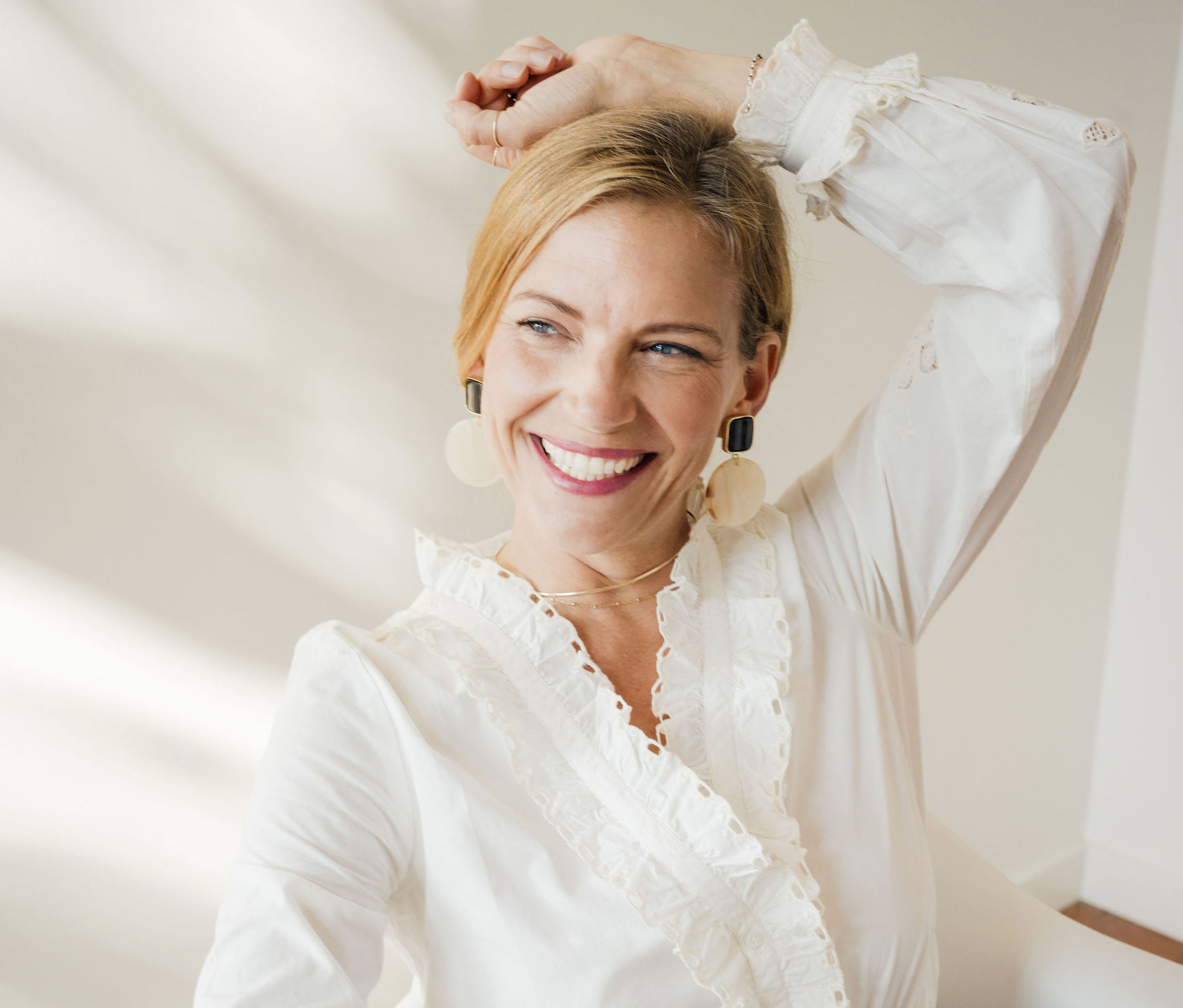
Prior to starting Elate in 2014, Reynolds considered building a skincare brand. Similar to Foster-West, she taught DIY skincare workshops, and the two met due to them. Ultimately, Reynolds started a makeup brand rather than a skincare brand because she concluded the sustainable makeup arena wasn’t as crowded as the sustainable skincare arena. Rooted in her DIY recipes, Foster-West launched Miiko in 2015 and, with Elate being a year older and navigating challenges that Miiko might have to confront, she occasionally sought advice from Reynolds about what she’d learned at Elate to help guide Miiko.
Pregnant with her first child, Foster-West reconnected with Reynolds earlier this year. “With the news of becoming a new parent and the ongoing stress of running a business, I did not know if I could continue Miiko Skin Co.,” she says. She decided the best course of action was to pass the torch to Eluma, which would carry on the brand’s earth-centric philosophy. The sale price wasn’t disclosed.
“Miiko Skin Co. is not going anywhere.”
“With my sadness of letting go is an incredible joy for what is to come. I feel like a proud parent sending my baby to university,” says Foster-West. “Miiko Skin Co. is not going anywhere. This brand will continue to grow under the same core values: local suppliers, whole ingredients, refillable skincare and an educational brand that cares, and the products will continue to be made in Victoria.”
Since Elate began, Reynolds has witnessed the indie beauty boom, including a multiplication of sustainable beauty brands. She doesn’t believe it will slow down soon. Not all indie beauty brands, however, will be equally lucrative. The result, Reynolds figures, is there will be more brands available for acquisitions. “We will see partnerships or slightly larger brands absorbing slightly smaller brands,” she says. “It’s really competitive and, if you are under a certain size, you can be content with that or, to grow, you take investment or merge with another company.”
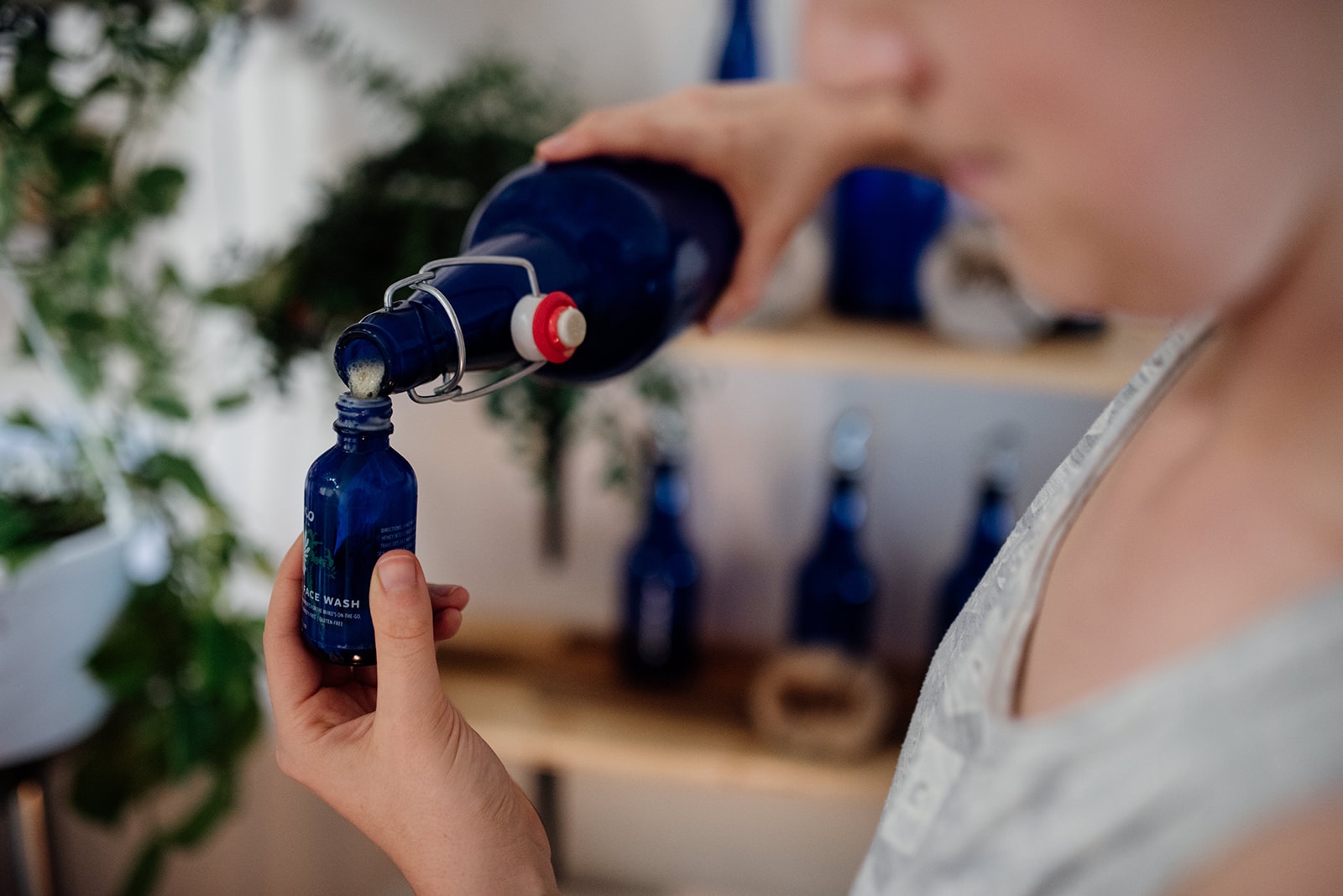
Elate has crossed $3 million in sales and, last year, its turnover advanced 7% during the pandemic period of slumping makeup purchases. In December, Reynolds told Cosmetics Design she owns 80% of the self-funded brand. Her partner owns 10% and the director business development owns 10%. A certified B Corp, Elate has approximately 100 stockkeeping units. A few of its bestsellers are Prep Primer, Essential Mascara, Brow Balm and Universal Crème.
Elate will unveil a rebrand next year, and Reynolds is busy developing a third brand to add to Eluma’s portfolio. The forthcoming brand will use upcycled ingredients and artistic ceramic packaging. “It’s targeting an older demographic. I’m in my 40s, and I definitely get very tired of the anti-aging movement because I’m not anti-aging. I’m pro-aging because we are all doing it anyway,” she says. “The third brand will be about creating products that support the skin rather than fight against the natural process of aging.”


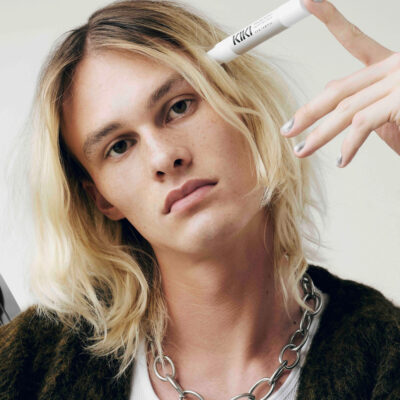
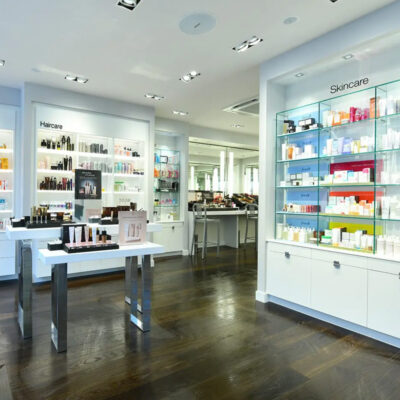
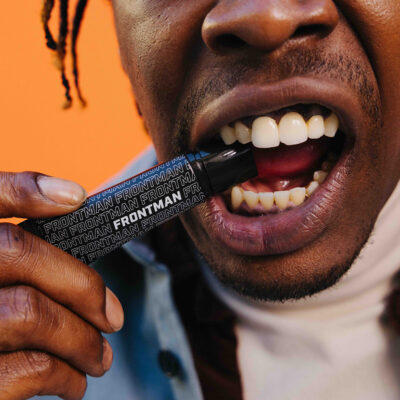
Leave a Reply
You must be logged in to post a comment.